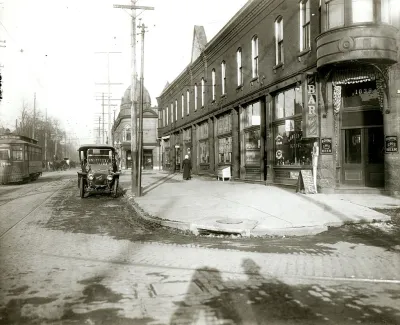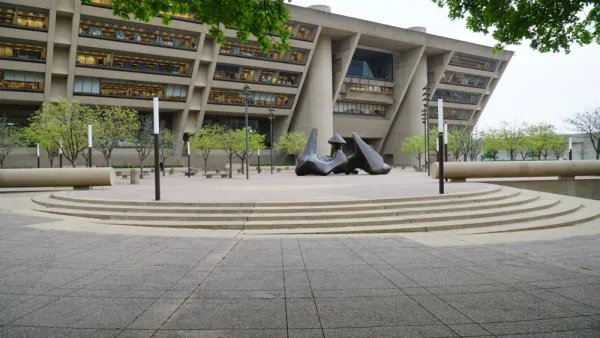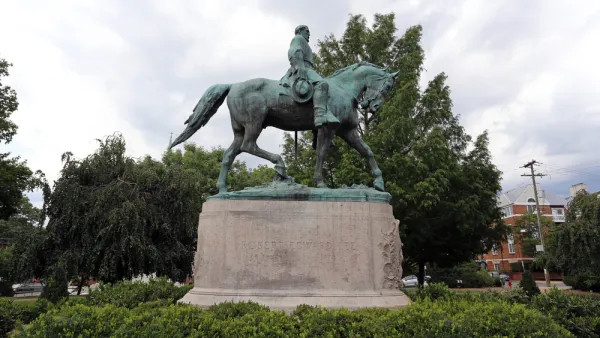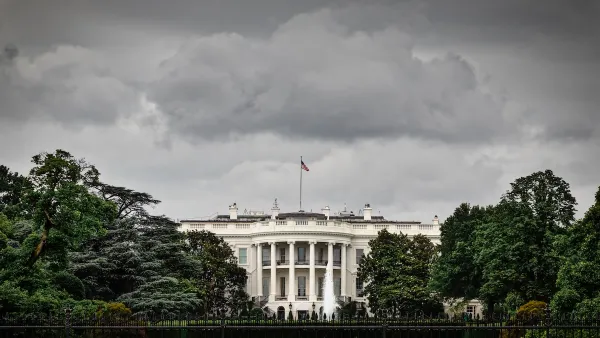More than a century of discriminatory housing policy divided cities and contributed to the racial wealth gap and other social and economic inequities.

Attorney George Fatheree III has written an excellent article on the history of racial zoning for Urban Land magazine. It begins in 1910, when Baltimore passed the first racial zoning ordinance in the U.S., making it illegal for Black Americans to live in white neighborhoods (and vice versa), which prompted other cities across the country to follow suit. From there the article covers how patterns of segregation formed and evolved under racially restrictive covenants and municipal zoning — and the related court case rulings — throughout the decades.
The “devastating effects … on those who have been kept out of historically white communities,” including higher poverty rates, lower home values and incomes, and lower home ownership rates, persist to this day, Fatheree writes, citing research from the Other & Belonging Institute. Featheree closes his article by discussing steps that need to be taken to reverse the effects of this discrimination and the role federal, state, and local governments should play in righting the wrongs they caused.
FULL STORY: A Brief History of Racial Zoning and How to Reverse the Lasting Effects of Housing Discrimination

Analysis: Cybertruck Fatality Rate Far Exceeds That of Ford Pinto
The Tesla Cybertruck was recalled seven times last year.

National Parks Layoffs Will Cause Communities to Lose Billions
Thousands of essential park workers were laid off this week, just before the busy spring break season.

Retro-silient?: America’s First “Eco-burb,” The Woodlands Turns 50
A master-planned community north of Houston offers lessons on green infrastructure and resilient design, but falls short of its founder’s lofty affordability and walkability goals.

Test News Post 1
This is a summary

Analysis: Cybertruck Fatality Rate Far Exceeds That of Ford Pinto
The Tesla Cybertruck was recalled seven times last year.

Test News Headline 46
Test for the image on the front page.
Urban Design for Planners 1: Software Tools
This six-course series explores essential urban design concepts using open source software and equips planners with the tools they need to participate fully in the urban design process.
Planning for Universal Design
Learn the tools for implementing Universal Design in planning regulations.
EMC Planning Group, Inc.
Planetizen
Planetizen
Mpact (formerly Rail~Volution)
Great Falls Development Authority, Inc.
HUDs Office of Policy Development and Research
NYU Wagner Graduate School of Public Service




























